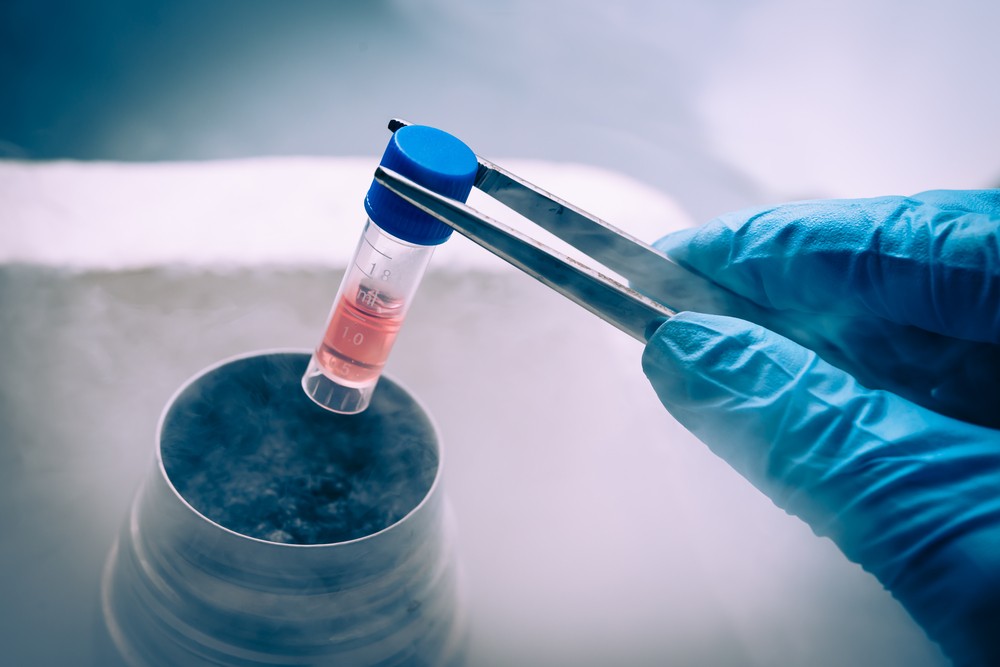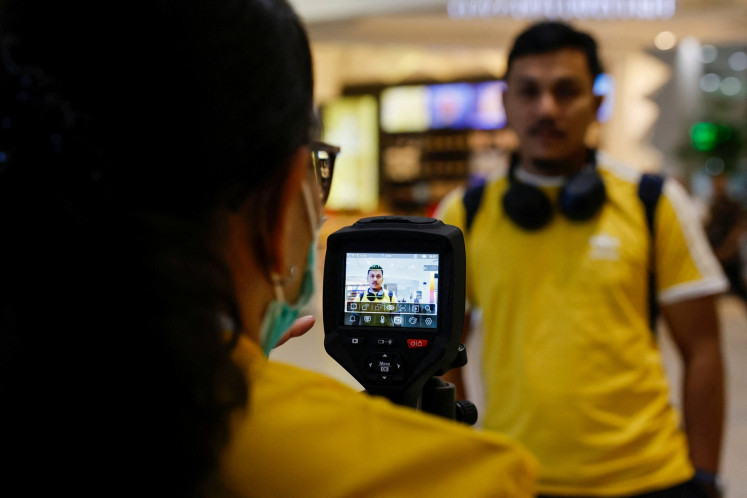Popular Reads
Top Results
Can't find what you're looking for?
View all search resultsPopular Reads
Top Results
Can't find what you're looking for?
View all search resultsJapanese university plans experiment to grow human organs in pigs
Change text size
Gift Premium Articles
to Anyone
 Professor Hiromitsu Nakauchi said he hopes to launch the first project in the country to grow human organs in animals within a year or so, once it clears government and university screening committees, and use genetically engineered pancreases in the treatment of disorders such as serious diabetes in 10 years. (Shutterstock/Elena Pavlovich)
Professor Hiromitsu Nakauchi said he hopes to launch the first project in the country to grow human organs in animals within a year or so, once it clears government and university screening committees, and use genetically engineered pancreases in the treatment of disorders such as serious diabetes in 10 years. (Shutterstock/Elena Pavlovich)
T
he University of Tokyo plans to start an experiment to grow human pancreases in pigs for transplantation using induced pluripotent stem cells, a professor leading the project said recently.
Professor Hiromitsu Nakauchi said he hopes to launch the first project in the country to grow human organs in animals within a year or so, once it clears government and university screening committees, and use genetically engineered pancreases in the treatment of disorders such as serious diabetes in 10 years.
The decision by Nakauchi's research team comes after the Japanese government lifted a ban on producing animals with embryos containing human cells, as the supply of donated organs continues to lag behind demand from patients awaiting transplants.
Read also: Yale study revives cellular activity in pig brains hours after death
Nakauchi's team will inject human iPS cells, which can grow into any kind of cells, into a pig embryo genetically modified so that it lacks the ability to develop a pancreas. The embryo will then be placed in a surrogate sow's uterus.
The fetus will be removed before delivery to examine the amount of pancreas tissue derived from the human iPS cells and how well it functions.
The Japanese government still prohibits the placement of fertilized animal eggs containing human cells in human wombs as well as the use of animals produced through such genetic engineering for breeding. Such experiments using pigs have already been conducted overseas.










